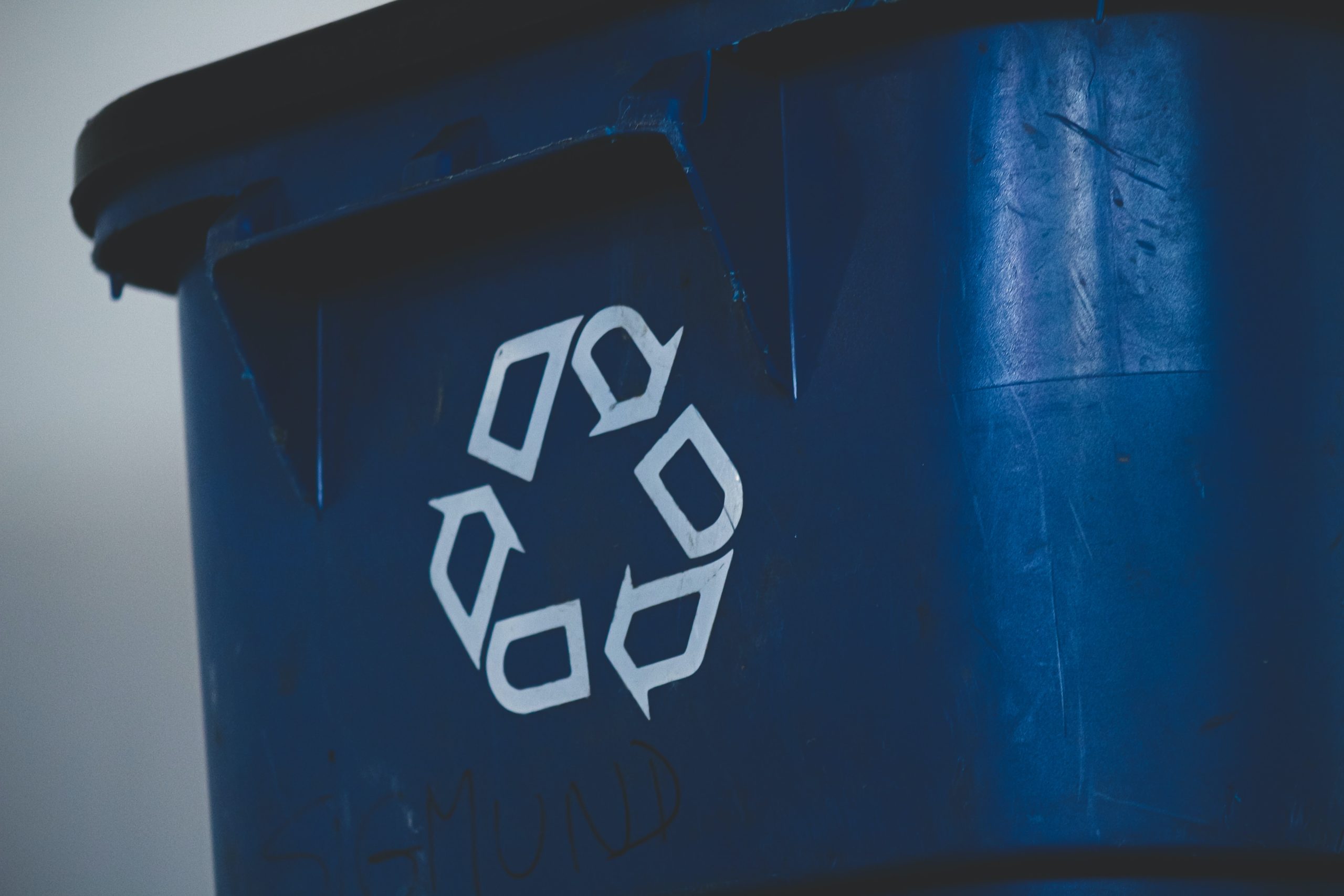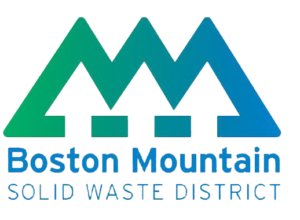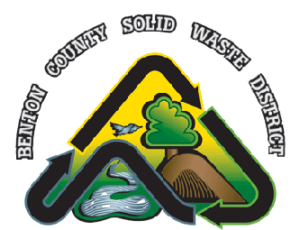Northwest Arkansans continue to seek solutions to the recycling puzzle, as demonstrated by these recent headlines:
Rogers aims to decrease contamination
The city of Rogers and its contracted waste hauler, LRS, recently enacted a three-strike system for its curbside service. If an LRS driver sees a household puts the wrong stuff in its recycling bin three times in a calendar year, despite warnings and other educational efforts, the household will be taken out of the recycling program for six months. If the same thing happens again, the suspension is permanent, and the recycling truck won’t stop at that address anymore.
As officials noted in the NWA Democrat-Gazette, this is mostly aimed at egregious violations, such as someone using the recycling cart as a second trash cart. And as NWA Recycles manager Dan Holtmeyer pointed out, the three-strike system paired with education is a reasonable way to fix the contamination problem while benefitting everyone involved. Nearly half of Rogers’ recycling collections have been unrecyclable trash in recent years. And other cities take a similar approaches.
Bad recycling is expensive recycling, since trash must be separated and landfilled and valuable recyclables can be lost in the process. All residents ultimately pay for the recycling mistakes of others.
As a reminder, Rogers (as with most curbside programs in NWA) accepts only aluminum and steel cans, cardboard, paper, and plastic bottles and jugs. Keep them loose and unbagged. Don’t put in any other variety of plastic. And take glass jars and bottles to the city drop-off instead of the curb.
Senate recycling proposals could return this year
A package of recycling-boosting bills co-sponsored by Arkansas Sen. John Boozman passed the Senate last year but failed to clear the House. They nonetheless could come back up for reconsideration as soon as this year, Waste Dive reported.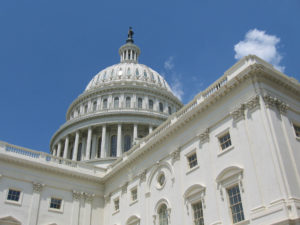
One of the bills, the Recycling and Composting Accountability Act, would have the U.S. Environmental Protection Agency catalog the nation’s recycling and composting programs and collect data on their collection efforts. That data would guide work to make those systems better and more accessible. The agency would also assess whether the U.S. could implement a public residential composting program across the country (such as the one in Fayetteville).
Another bill, the Recycling Infrastructure and Accessibility Act, would have created a competitive grant program for communities that can’t feasibly access a materials recovery facility (or MRF), the kind of facility that sorts through and separates recyclables and prepares them for shipment to the manufacturers that will use them. The priority would be for places with no MRF within 75 miles, which wouldn’t include Northwest Arkansas, but many of our neighbors around the state could qualify.
Boozman is a member of the Senate’s Committee on Environment and Public Works and its Recycling Caucus.
In related news, a subgroup of the same Senate committee last month asked a panel of experts about several plastics-related policies, including a national deposit law (or “bottle bill”) that would reward the recycling of cans and bottles. Read more at Plastics Recycling Update.
Tire recycling vexes Arkansas officials
Arkansas has a problem with old tires.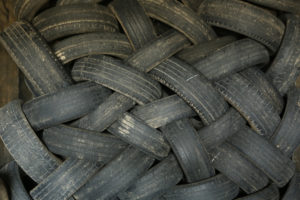
These old hunks of rubber, steel and other materials can’t go into landfills or be dumped out in the environment because of their impact on groundwater and the rest of the environment. So the state charges a small fee on tire removal services that helps pay for the safe disposal of thousands of tons of tires every year (typically recycling the tires into rubber mulch, fuel or other products). The approved organizations arranging for that disposal, such as NWA’s two solid waste districts, pay for it upfront and then get reimbursed by the state.
But that reimbursement didn’t cover the costs last year amid inflation and other factors, as Arkansas Advocate wrote last year, putting the program in jeopardy. State legislators during the upcoming session will be looking into several possible fixes, including bumping up some of the state’s tire fees or privatizing the tire program altogether.
In related news, the Boston Mountain Solid Waste District, which covers Washington and Madison counties, is set to host a new tire processing facility at its Prairie Grove location. The Democrat-Gazette reported the details.


